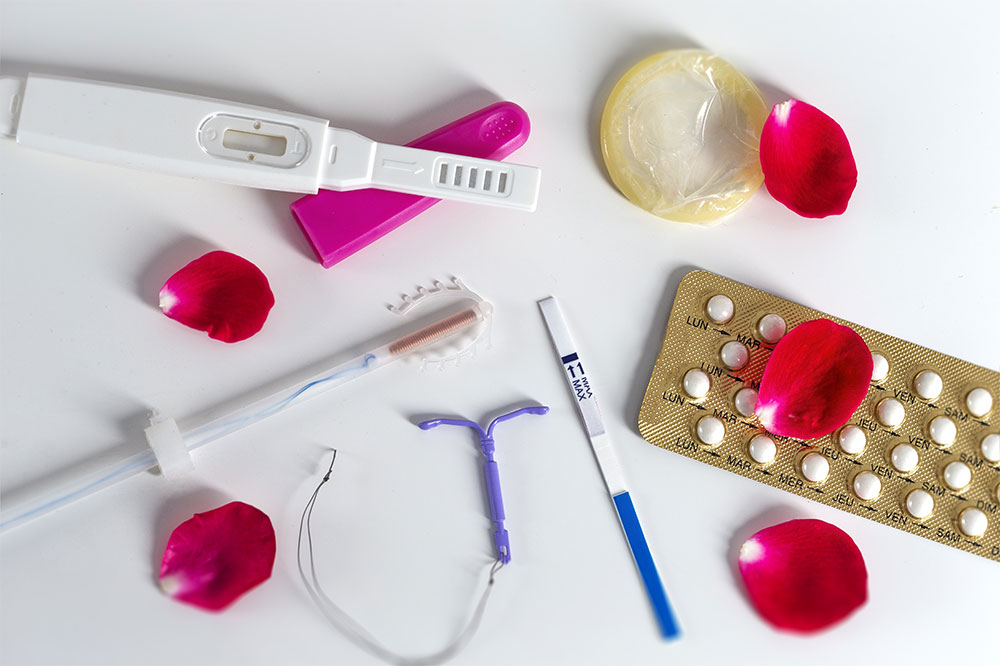
4 Hormonal Contraceptives for Women
Hormonal birth control methods release the hormones progestin or estrogen or both through various devices. These are then gradually released into the bloodstream over a specific period based on the type of device. The hormones work in two ways – they prevent the ovaries from releasing eggs. They also thicken the cervical mucus in the vagina, preventing fertilization. This article discusses various birth control methods in detail.
1. Hormonal IUDs
Commonly known as IUDs, these are T-shaped devices placed in the uterus as long as women want to avoid pregnancy. The device has to be placed and removed only by a healthcare worker. The IUDs contain hormones that will be gradually released for the specified period. Remember the expiry date and remember to get it changed after that. Using a hormonal IUD beyond the specific duration makes it ineffective and could result in pregnancy. There are currently four hormonal IUDs approved for the US market. This method of birth control is very popular as their effectiveness can be as high as 99.8%. These are ideal for women who have had one or more kids and are not comfortable using condoms or rings that require frequent insertion and removal. Hormonal IUDs can also help in regulating menstrual cycles and related pain and cramps.
2. Hormonal implants, patches, and rings
A 10 cm thin rod containing progestin is implanted under the skin in a women’s arm in the case of implants. The progestin is released over three years, stopping ovulation and fertilization.
Skin patches can be worn on the lower abdomen, upper body, and buttocks and should be recommended by a doctor. These patches contain hormones and need to be changed every week for three weeks. You should not wear the patch during the fourth week – after which you will get your period.
Hormonal rings are small latex-free plastic rings containing hormones that to be placed in the vagina for three weeks and removed later on so that you have your period. After the completion of your period cycle, you can insert a new ring.
3. Hormonal injections
The hormones are administered via injection once in three months, and the hormones, like in IUDs and implants, stop ovulation and fertilization.
4. Birth control pills
These are oral prescription pills that contain the female hormones progestin, or both progestin and estrogen. They have to be taken at the same time every day for specific durations as per the pill package. If you forget it for a day, you should use alternate birth control methods to prevent pregnancy. It is generally not recommended for women over 35, smokers, and women who have been treated or diagnosed with breast cancer or blood clots.
None of these methods affect your fertility in any way, and you can stop or remove them if you decide you want to get pregnant. Since all these different types of birth controls contain hormones, you should never use them without the approval of a doctor.


